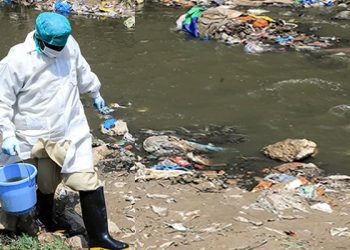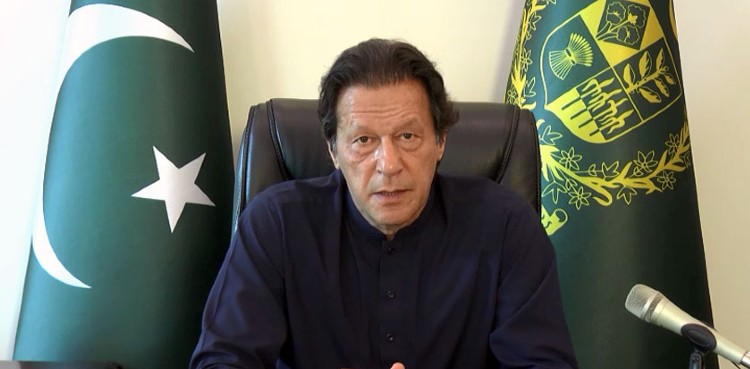ISLAMABAD: Finance Minister Shaukat Tarin Thursday announced that trade with Afghanistan will be carried out in Pakistani currency as Kabul is facing shortage of dollars.
The decision was taken during a meeting of the Senate Standing Committee on Finance chaired by Senator Senator Talha Mehmood.
Tarin told the Senate committee that the government has decided to trade with Afghanistan in Pakistani currency, instead of dollars.
He maintained that Afghanistan is facing shortage of dollars as the International Monetary Fund (IMF) and the World Bank have seized its reserves after the Taliban’s takeover of the country. He maintained that they were monitoring the situation on a daily basis.
Speaking on the occasion, the finance minister said, “People could be sent from Pakistan to run various affairs in Afghanistan.”
Tarin termed food prices the biggest issue of Pakistan and said that the current account deficit has been increasing since April.
The finance minister told the senators that Pakistan received $450 million from the Asian Development for procurement of COVID-19 vaccines.
He vowed to take the country’s GDP growth to 4.8% during the current fiscal year.
Indian hackers targeted FBR’s system
The finance minister revealed that Indian hackers had targeted the database of the Federal Board of Revenue (FBR) a few days back.
Shaukat Tarin told the Senate Standing Committee on Finance that FBR’s system was also hacked by the Indians in 2019. The finance minister said that the FBR’s system is being updated.
‘Afghan reserves in US won’t be accessible to Taliban’
Earlier on August 17, a US administration official Monday had said that the Taliban will be denied access to any Afghan reserves held in US accounts.
“Any Central Bank assets the Afghan government has in the United States will not be made available to the Taliban,” the US official told AFP, adding that the US forces were evacuating Afghanistan’s capital after the Taliban’s swift takeover.
According to the IMF, the central bank’s gross reserves totalled $9.4 billion at the end of April. But most of those funds are held outside of Afghanistan, according to a person familiar with the matter. It was not immediately clear what share of the assets are held in the United States.


















































